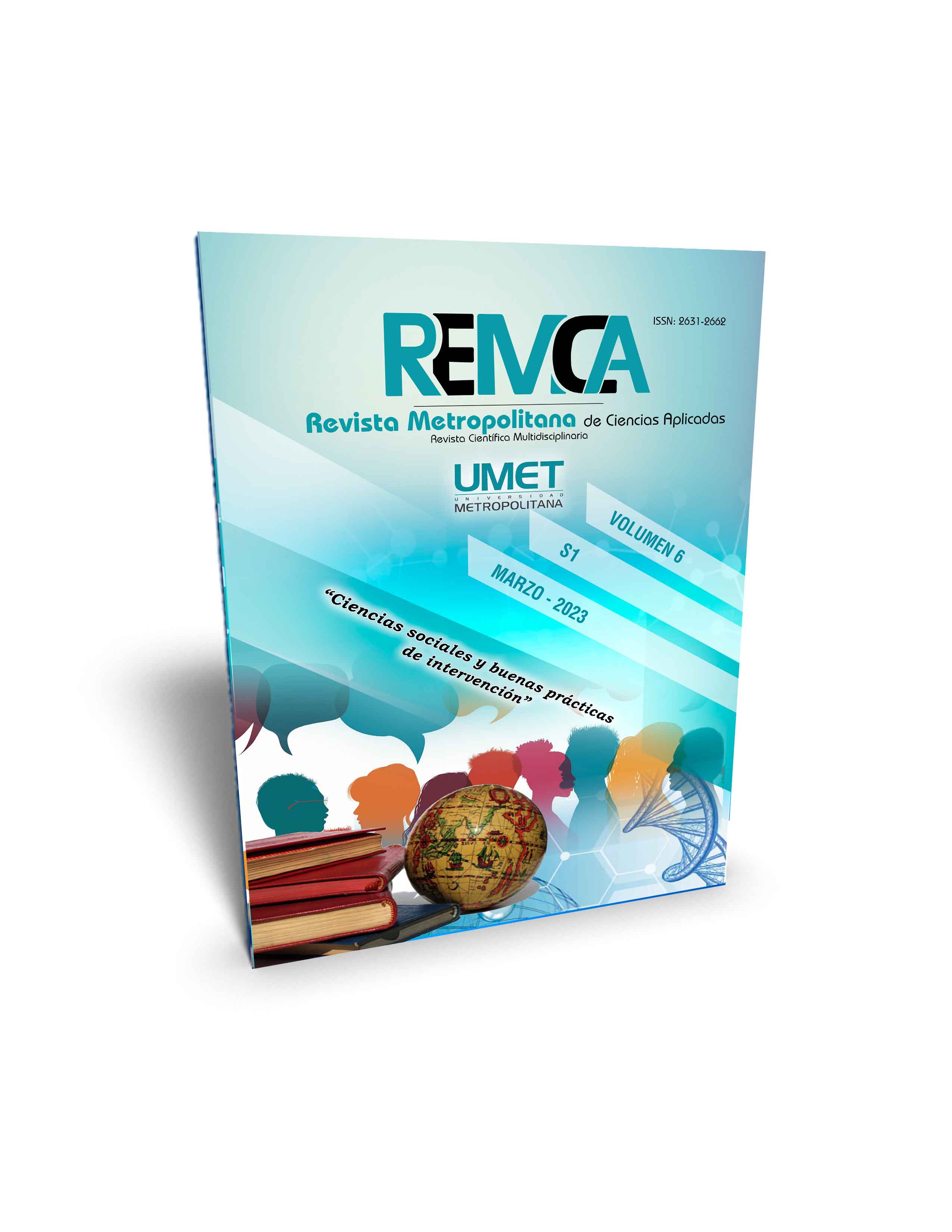The appeal in traffic violations, and the effectiveness in sentences of less than 15 days
DOI:
https://doi.org/10.62452/p21d4571Keywords:
Appeal, traffic violations, imprisonmentAbstract
The appeal in traffic violations can be controversial, within convictions with custodial sentences of less than 15 days; since it becomes difficult to determine if this resource can be corrected in less time than the one that corresponds to the sentence and if not, it could not be considered that it has an effectiveness in itself, since the object of this resource is to be able to release the defendant of having to spend time in prison. In this article, what is expected is to be able to determine if there are ways through the judicial party, so that the appeal takes effect on the deprivation of liberty of the accused, in the case of being accepted or that other mechanisms could be implemented, to that the person convicted of an alleged infraction can defend himself and not serve an imposed sentence when it is considered that a substitute measure such as community work or ordinary justice can be implemented. A doctrinal and jurisprudential analysis is carried out on how traffic appeals should be processed, especially in violations with a custodial sentence to prevent innocent people from being deprived of their liberty and guilty people from being able to evade judicial provisions. through mechanisms that are used daily.
Downloads
References
Aguilar Martínez, M. R., & Alulema Lalaleo, J. C. (2016). El recurso de apelación en contravenciones de tránsito, su aplicación y la seguridad jurídica. (Tesis de pregrado). Universidad Autónoma Regional de Los Andes.
Arandia Zambrano, J. C., & Zevallos Moreira, A. F. (2018). El recurso de apelación en contravenciones de tránsito por consumode bebidas alcohólicas. UNIANDES. (Tesis de pregrado). Universidad Autónoma Regional de Los Andes.
Barrionuevo Núñez, J. L., & Cacuango Estrella, N. G. (2018). Proyecto de reforma al artículo 652 numeral 6 del código orgánico integral penal para garantizar el cumplimiento de las sentencias condenatorias en las contravenciones de tránsito, cuando se interpone el recurso de apelación. (Tesis de pregrado). Universidad Autónoma Regional de Los Andes.
Ecuador. Asamblea Nacional. (2014). Código Orgánico Integral Penal. Registro Oficial 180. https://www.defensa.gob.ec/wp-content/uploads/downloads/2021/03/COIP_act_feb-2021.pdf
Ecuador. Asamblea Nacional. (2015). Código Orgánico General de Procesos. Registro Oficial 506. https://www.defensa.gob.ec/wp-content/uploads/downloads/2021/01/COGEP_act_dic-2020.pdf
Ilaquiche Licta, R. C., & Benavides Morales, E. J. (2017). La seguridad informática en la apelación de las contravenciones flagrantes de tránsito y suspensión de la pena privativa de libertad. (Tesis de pregrado). Universidad Autónoma Regional de Los Andes.
Pazmiño Vargas, K. A., & Herrera Ullari, J. Á. (2016). El recurso de apelación y la suspensión de la sentencia condenatoria en las contravenciones flagantes de tránsito establecidas en el articulo 385 numerales 2 y 3 del COIP. (Tesis de pregrado). Universidad Técnica de Ambato.
Rey Suquilanda, C. F., & Carrera Reyna, K. E. (2019). Estudio de casos sobre la falta de aplicación del principio de doble conforme en el inciso 5 del ART. 644 del código orgánico integral penal, cuando la pena no es privativa de libertad. (Tesis de pregrado). Universidad Autónoma Regional de Los Andes.
Downloads
Published
Issue
Section
License
Copyright (c) 2023 Estéfany Milena López-Gudiño, Willam Enrique Redrobán-Barreto (Autor/a)

This work is licensed under a Creative Commons Attribution-NonCommercial-ShareAlike 4.0 International License.
Authors who publish in Revista Metropolitana de Ciencias Aplicadas (REMCA), agree to the following terms:
1. Copyright
Authors retain unrestricted copyright to their work. Authors grant the journal the right of first publication. To this end, they assign the journal non-exclusive exploitation rights (reproduction, distribution, public communication, and transformation). Authors may enter into additional agreements for the non-exclusive distribution of the version of the work published in the journal, provided that acknowledgment of its initial publication in this journal is given.
© The authors.
2. License
The articles are published in the journal under the Creative Commons Attribution-NonCommercial-ShareAlike 4.0 International License (CC BY-NC-SA 4.0). The terms can be found at: https://creativecommons.org/licenses/by-nc-sa/4.0/deed.en
This license allows:
- Sharing: Copying and redistributing the material in any medium or format.
- Adapting: Remixing, transforming, and building upon the material.
Under the following terms:
- Attribution: You must give appropriate credit, provide a link to the license, and indicate if any changes were made. You may do this in any reasonable manner, but not in any way that suggests the licensor endorses or sponsors your use.
- NonCommercial: You may not use the material for commercial purposes.
- ShareAlike: If you remix, transform, or build upon the material, you must distribute your creation under the same license as the original work.
There are no additional restrictions. You may not apply legal terms or technological measures that legally restrict others from doing anything the license permits.




